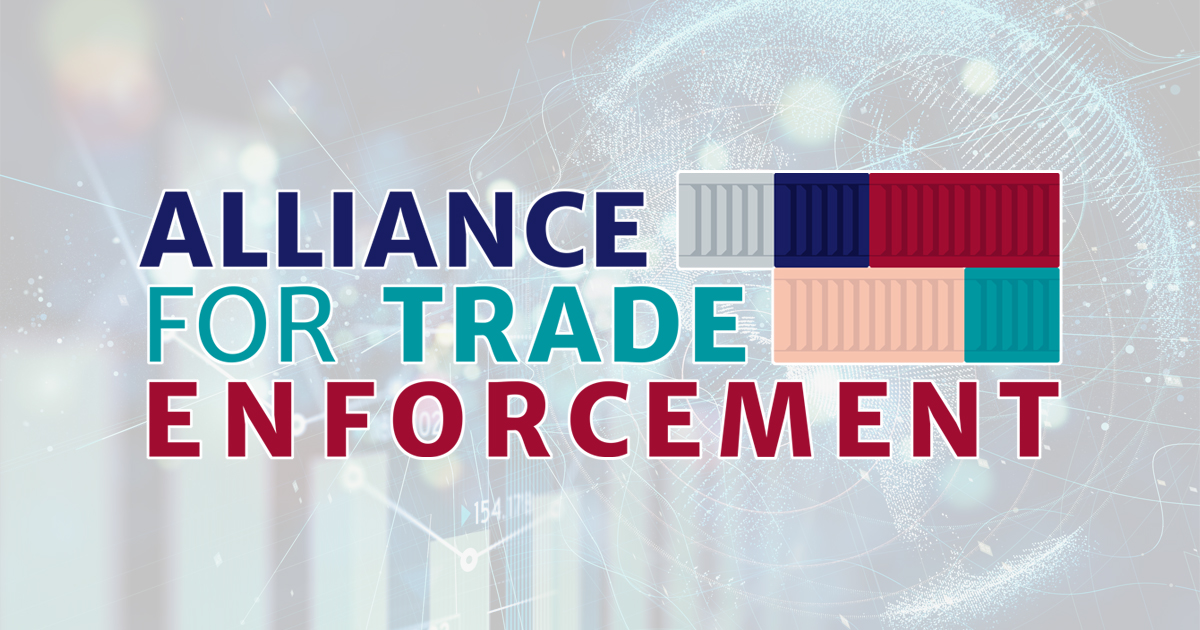|
Indonesia’s patent regime continues to challenge U.S. biopharmaceutical innovators. And recent compulsory licensing activity has further compromised the certainty and predictability necessary for biopharmaceutical innovators to 1) compete successfully and 2) accelerate the launch of new medicines in the region.
Compulsory licensing refers to governments allowing domestic firms to use a patent — whether on a medicine, a software program, or any other product — without the patent holder’s consent. While The Agreement on Trade-Related Aspects of Intellectual Property Rights allows countries to issue compulsory licenses in limited circumstances, including national emergencies, obligations protecting the legitimate interests of patent holders remain.
Unfortunately, Indonesia seems to be using compulsory licenses as a means to impermissibly implement industrial policy. Indonesia’s compulsory licensing regulations are not aligned with global norms and best practices. For example, in 2020, Indonesia issued a new regulation on compulsory licensing, which was not only published without consulting stakeholders, but also contained broad and vague language facilitating the use of compulsory licenses. More recently, Indonesia has issued compulsory licenses for antiviral Covid-19 therapeutics. For one of these antiviral therapeutics, Indonesia issued a compulsory license despite entering into a voluntary licensing agreement with the right holder. More generally, Indonesia’s Patent Law continues to contain provisions authorizing compulsory licensing on vague and arbitrary grounds.
Indonesia’s lax compulsory licensing provisions make it more difficult for the United States to trade with the island nation, thereby jeopardizing the $30 billion U.S.-Indonesia economic relationship. That’s why AFTE flagged Indonesia’s burdensome patent and compulsory licensing practices in its comments to inform both USTR’s 2022 National Trade Estimate Report and its 2022 Special 301 Report and urges officials to address these trade abuses as soon as possible. |


